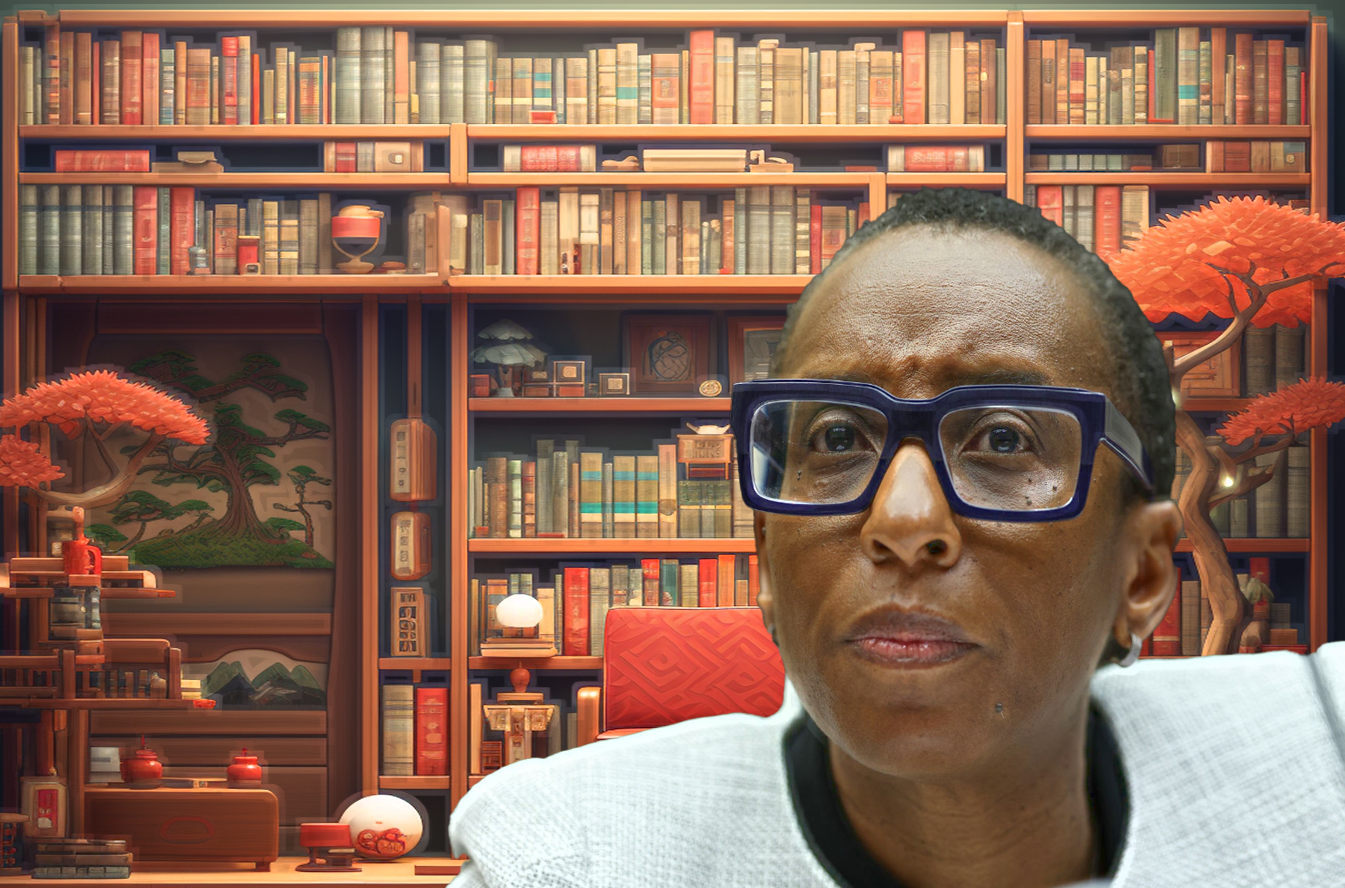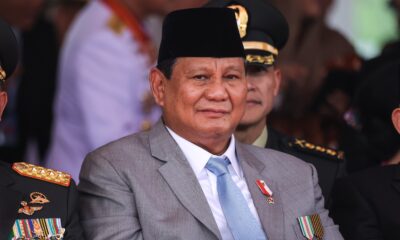Harvard’s Plagiarism Scandal Exposes Double Standards

Following new revelations of academic wrongdoing, Harvard University finds itself embroiled in a growing plagiarism scandal involving its president, Claudine Gay. The Ivy League institution, known for centuries for its rigorous academic standards, has been caught in a web of contradictions and questionable investigative practices.
This latest development came from Harvard’s internal review of allegations of plagiarism against Gay. The school uncovered a new case of what it described as “inadequate citation” in Gay’s doctoral dissertation. The problem involves a 1981 article by Richard Shingles, “Black Consciousness and Political Participation: The Missing Link.” This specific instance of plagiarism was not part of the original allegations against Gay received by the university.
The situation took a more complex turn when Harvard threatened the New York Post with the prospect of legal action. The school claimed that plagiarism allegations regarding Gay were “demonstrably false.” The university claimed at the time that all of Gay’s academic works were “both cited and properly credited.” Recent developments call that claim into serious question.
Harvard’s initial response to the evidence of misconduct was to deny and deflect. Clare Locke, the law firm representing Harvard and Gay, vehemently denied the accusations, threatening to sue for “immense damages.” This aggressive posture was maintained even as Harvard launched its own investigation, which later revealed the need for multiple corrections to Gay’s academic record.
Gay’s problems go far beyond a few citation errors. The allegations against her touch on the fundamental principles of academic honesty that Harvard stands for. The irregularities in Harvard’s response and investigation process are particularly alarming.
The university’s review excluded significant works by Gay, including her 1993 article, “Between Black and White: The Complexity of Brazilian Race Relations,” which reportedly contains clear instances of plagiarism. This selective approach to investigation suggests there was a plan to minimize or cover up fraud perpetrated by Gay.
Moreover, the discrepancy between how Harvard treats its students versus its president is striking. As it provides cover for its president, Harvard still sanctions dozens of students for plagiarism each year. The glaring double standard is ethically questionable and could expose the university to legal liability in some cases.
The plagiarism scandal at Harvard is more than just an academic dispute; it tests the university’s commitment to integrity and fairness.
























